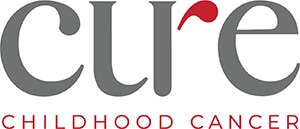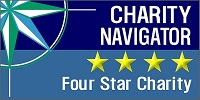The following was written by Brooke Cherven, MHP, RN, CPON and Lillian Meacham, MD.
Most children diagnosed with cancer today will become long-term survivors. There have been many advances in childhood cancer treatment and survival rates are near 80% overall. The treatments used to cure cancer, however, can cause health problems later in life, called late effects. Risk for late effects is very treatment dependent, so it is important for survivors to be seen in a survivor clinic to receive appropriate screening.
Some survivors can develop heart problems during or after treatment related to certain chemotherapy or radiation. The best way to find out if you are at risk is to visit a survivor clinic where you will get a Survivor Healthcare Plan which includes: 1) a summary of your treatment 2) a late effects risk profile and 3) a surveillance plan for monitoring for those late effects.
Heart problems which can occur because of therapy include:
- Weakening of the heart muscle
- Irregular heartbeats
- Damage to a valave in the heart
- Inflammation of the protective lining of the heart
- Scarring or blockage of the blood vessels
Only certain chemotherapies are related to heart problems. These chemotherapies are called anthracyclines and include:
- Doxorubicin (Adriamycin)
- Epirubicin
- Mitoxantrone
- Daunorubicin
- Idarubicin
Radiation to the heart or areas around the heart can also cause heart problems. This includes radiation to the:
- Chest or thorax
- Spine
- Abdomen
- Total Body Irradiation
Risk for heart problems is higher in patients who received higher doses of anthracylines, higher doses of radiation or a combination of both anthracyclines and radiation to or around the heart. Patients who were treated at a younger age are also at higher risk.
It is important for survivors at risk for heart problems to be screened so that if a problem does develop, it can be recognized early and treated. An echocardiogram (echo) is an ultrasound of the heart and allows for a cardiologist (heart doctor) to see how they heart is functioning. Echos are done on a yearly, every other year or every 5 year basis depending on the level of risk for each survivor. When you are seen in a survivor clinic, is you are at risk for heart problems, your providers will tell you how often you need to have echoes. In addition, patients at risk have an electrocardiogram (EKG) to monitor heart rhythm at their first visit to survivor clinic.
It is important for every survivor to know his or her risk of heart problems and how often to have echoes. Many times heart problems, if they develop do not appear until years off treatment. Heart problems can also get worse over time. For survivors at risk, certain circumstances may require added guidance, such as during pregnancy or sports training. Pregnancy can put added stress on the heart and survivors at risk are encouraged to see a cardiologist during pregnancy. Athletes who participate in weight training are instructed to avoid heavy lifting in favor of lower weight at more repetitions.
We do not know why some survivors develop heart problems and others do not, so it is crucial that everyone who is at risk receive their scheduled echos. Many adult doctors are not aware of the necessary screening for heart problems in childhood cancer survivors. Sharing your Survivor Healthcare Plan with your doctors can help them learn about what tests you need and how often you need them.
Join us at the Beyond the Cure conference February 8th, 2014 8 am-12pm at Children’s Healthcare of Atlanta at Scottish Rite. The conference will cover survivorship care and staying heart healthy after cancer treatment. There will be information about cardiac late effects, preventing heart disease in all survivors and how Strong 4 Life can help families stay healthy. Learn more and register at www.choa.or/survivorshipconference



